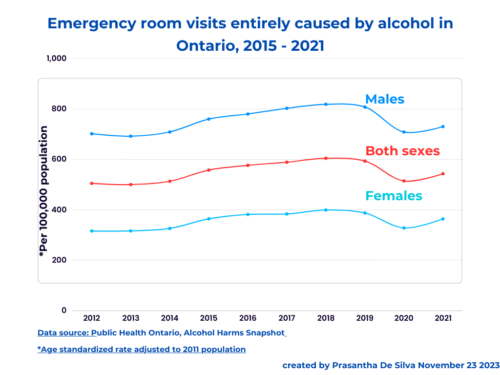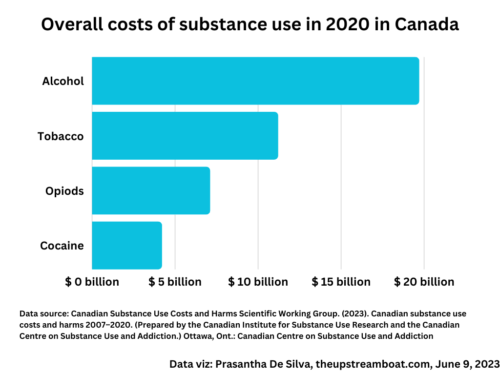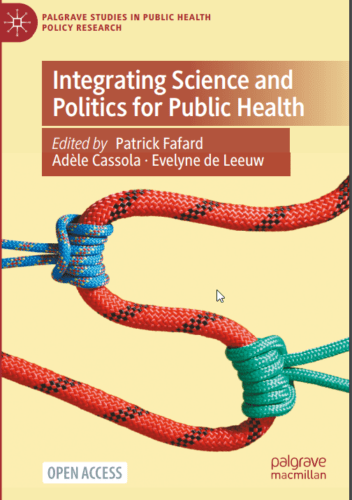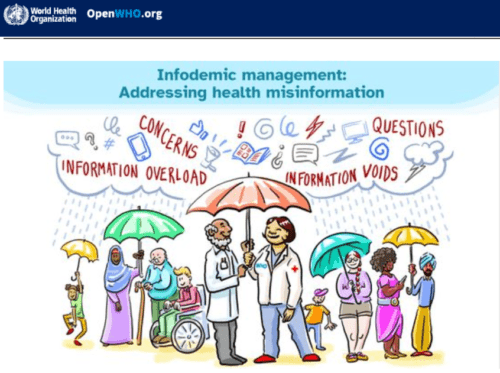Think of this scenario: “A depositor empties his bank account because of his wrong belief that the bank is bankrupt. The word spreads like a wildfire; others follow suit. As a result, the bank becomes bankrupt”.
This, in fact, occurred in Greece in 2015.
This is the “self-fulfilling prophecy”.
As far back as in 1948, Robert Merton described this phenomenon using the above scenario.
So, this is what happens:
1. We make an assumption.
2. We change our action/behaviour based on this assumption.
3. Due to our action/behaviour, the assumption becomes true.
According to Merton’s words, it is like this: “A false definition evokes a new behavior which makes the originally false conception comes true”.
Although Merton wrote about its negative consequences, it can result in positive consequences too.
Look at the following scenarios.
There are several variations of self-fulfilling prophecy.
1. Placebo effect: When someone believes that a particular substance, considered by the self as medicine, relieves pain, when it is taken, he or she feels no more pain. In reality, the substance has no scientifically proven mechanism to relieve pain.
2. Investment bubble: This happens when we apply reverse action of the bank bankruptcy case Merton mentioned.
3. Pygmalion effect or Rosenthal effect: This is another type of self-fulling prophecy. Here, higher expectations from either a student or an employee yield higher results.
4. Golem effect: This is the opposite of the Pygmalion effect: lower expectations result in lower outcomes.








